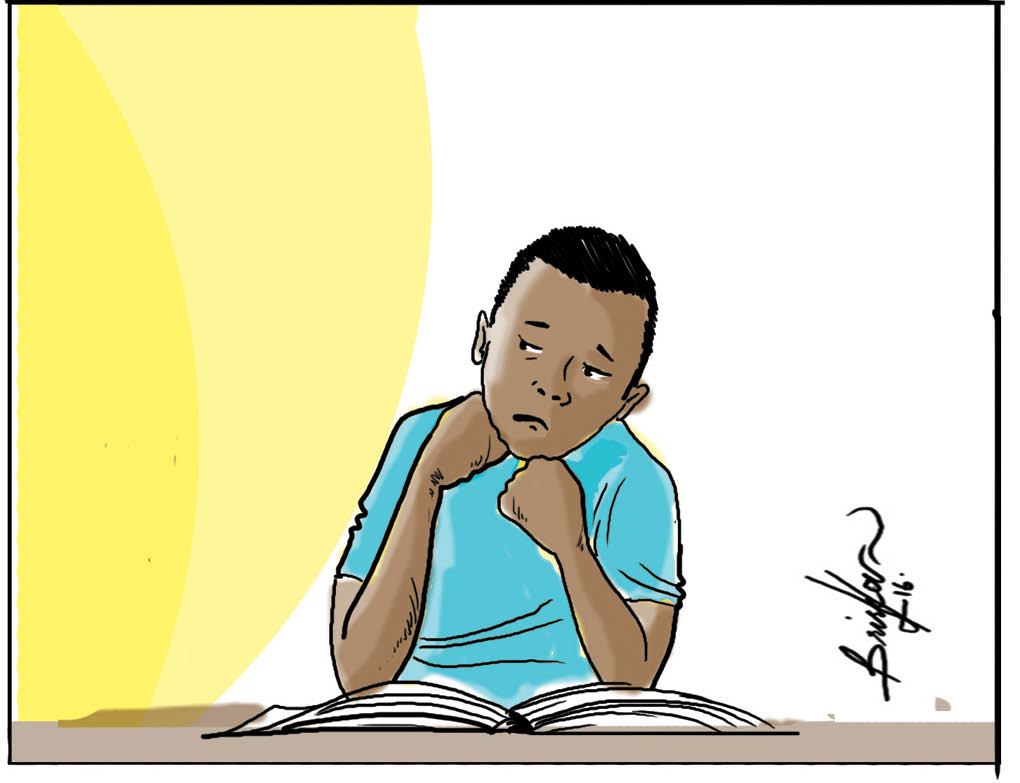What to know about pneumonia in children
An estimated 1.5 million cases of pneumonia are recorded in Nigeria a year

What to know about pneumonia in children
By Habibah A. Taiwo
Contrary to a popular belief, medical experts say pneumonia in children and adults is not caused by cold.
Rafat a mother of three recalls people around her telling her to cover her children properly (particularly when they were infants) to protect them from ‘catching pneumonia.’
- We’ll help Nigeria on COVID-19 vaccination — Rotary president
- PODCAST: 2023: Will Nigerian Youths Get Offline And Walk The Talk?
She said when her friend’s child suffered from pneumonia, the woman was blamed for exposing the child to too much cold.
An estimated 1.5 million cases of pneumonia are recorded in Nigeria a year, according to a 2017 report from the World Health Organisation (WHO).
The report also revealed that people aged less than five years, and over 65 years are those most at risk of contracting the disease.
According to a consultant paediatric cardiologist, Dr Habibat Suberu, pneumonia is the commonest cause of death in children less than five years in Nigeria.
She said pneumonia is not caused by cold or not covering children properly but rather by exposure to organisms transmitted via air-borne/ droplets from coughing or sneezing, and contact with infected secretions from the nose or throat etc.
Dr Habibat said that pneumonia is caused by infections which can be bacterial, viral or fungal.
“It can be caused by malnutrition, an overcrowded environment, and that exposure to smoke increases the risk of having pneumonia. In addition, children with a background heart condition have an increased risk of pneumonia.”
She said the immune status of the individual is what determines infection.
She said the myth of cold causing the disease most likely stems from the fact that individuals spend more time indoors, and are crowded during the cold months which made it easier for the pneumonia-causing organism to spread from person to person.
She said, “Pneumonia is inflammation of the lung tissues largely caused by infections. The lung is the apparatus for gas exchange in the body and therefore making oxygen available for the body tissues to use.
“When a child is diagnosed with pneumonia, it might be severe enough to prevent the child from getting adequate oxygen into the body.”
The consultant paediatric cardiologist, said the symptoms of the disease include:
– Fast breathing
– Increased respiratory efforts
– Reduced oxygen levels which if severe can cause restlessness and convulsions.
The expert said pneumonia could be diagnosed through conducting laboratory investigations, including blood tests and chest X-ray, as well as from the symptoms.
She said the disease could be prevented in the following ways:
– Avoiding exposure to anyone who is sick especially with cough and catarrh.
– Exclusive breastfeeding in the first six months of life.
– Good nutrition – balanced diet with fruits to optimize immunity.
– Good housing and ventilation.
– Avoiding exposure to smoke.
She said pneumonia can be treated depending on the causes, adding that antibiotics are administered for bacterial infections, antiviral for viral infections and anti-fungal for fungal infections, in addition to supportive care such as oxygen administration and fluids among others.
She also advised parents to go to the hospital once they notice their child has cough and fever.
“Early treatment helps to improve outcome. Care givers should desist from doing self-medication because it can do more harm than good,” she said.
